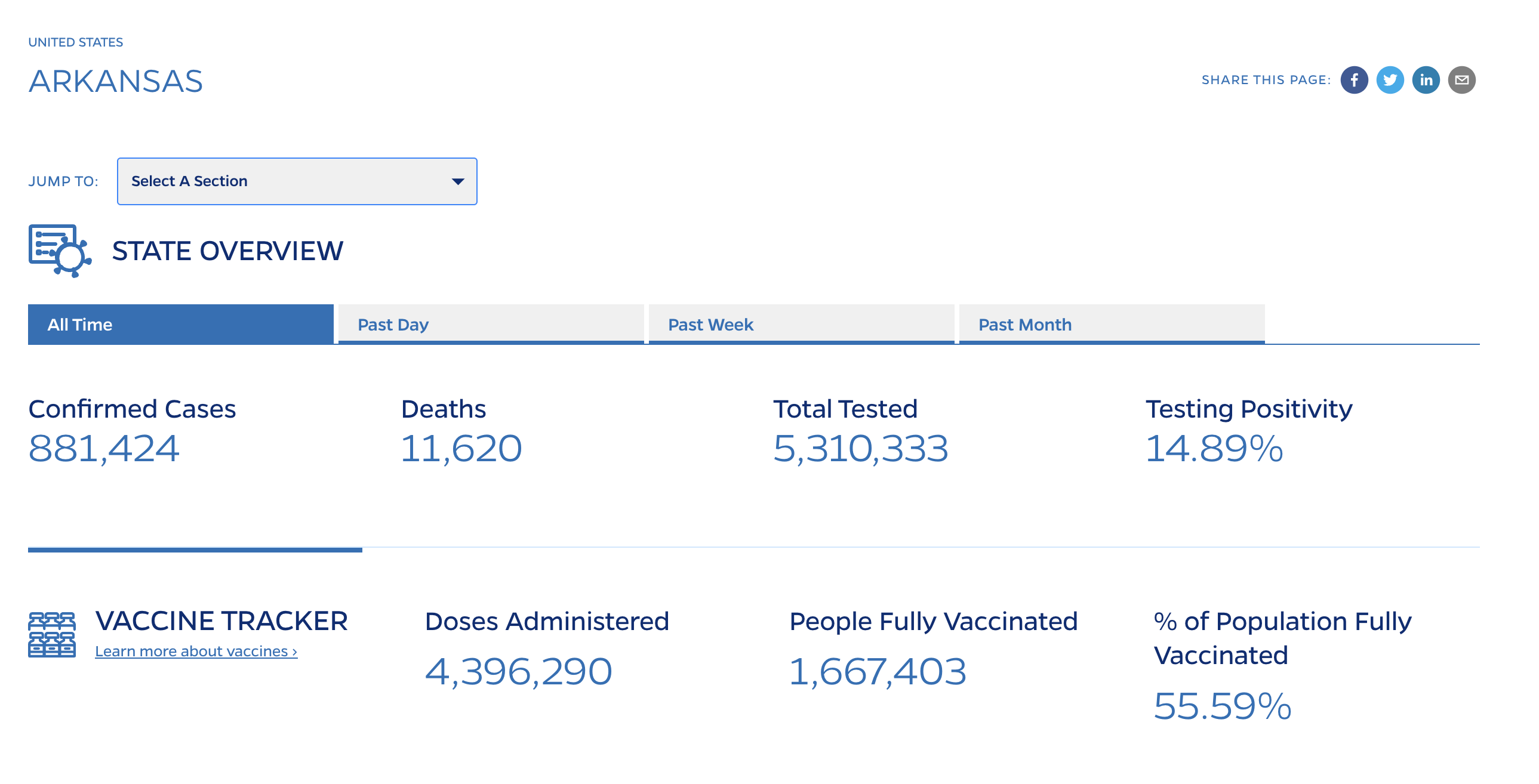July 29. 2022
Back to school: Habits adopted during pandemic can help reduce spread of more common viruses as well
By Ryan McGeeney
U of A System Division of Agriculture
Fast Facts:
- Hand washing is the best, easiest step children can take to reduce spread of viruses
- Wash any shared cloth items to prevent the spread of lice
- COVID infections are on the rise in Arkansas, surrounding region
(629 words)
LITTLE ROCK — For as long as there’s been a public school system in the United States, the return to class after summer vacation inevitably brings with it three unpleasantries: The cough, the sniffle and the sneeze.
The Fall 2022 semester will certainly bring back the classics: Millions of children back in close proximity, sharing a host of new germs acquired over summer camp and vacation. Kristen Gibson, director of the Center for Food Safety for the University of Arkansas System Division of Agriculture, says that the good news is that for all its disruptions, dealing with the COVID-19 pandemic for more than two years has led most schools to double down on some good habits.
“Everything we did for COVID — the extra protections — the hand-washing, the disinfecting, the masks — all that squelched the transmission of a lot of other viruses commonly seen in schools,” Gibson said.
Gibson received her Ph.D. from Johns Hopkins School of Public Health with a focus on understand pathogen transmission, specifically viral pathogens, in the environment.
The No. 1 tool available to children themselves, she said, is also the most basic.
“Wash. Your. Hands,” Gibson said, with a staccato emphasis. “That’s the number one thing you can do. And it’s one of the best things kids can easily do to control spread and protect themselves from getting sick.”
Bryan Mader, assistant professor and health specialist for the Division of Agriculture, said transmission of COVID-19 is again on the rise in Arkansas and elsewhere.
“There has been a significant uptick in the number of cases nationwide and in Arkansas,” Mader said, noting that within the southeastern region, about 6.8 percent of new cases are among children aged 0-4, 5.2 percent are among children aged 5-11 and 4.3 percent are among children aged 12-17. As of July 22, there were nearly 16,800 active cases in Arkansas.
“Arkansas only has five counties in the ‘low’ category for community spread,” Mader said, noting there were 21 counties in the “medium” category for community spread and that the remaining 49 counties were considered “high” community spread as of July 21.
“The current recommendation for youth and adolescents 6 months and older is to get a Pfizer or Moderna vaccine, and children and adolescents aged 5 and older who receive the Pfizer vaccine should get a booster at least 5 months after their second shot,” Mader said.
He noted that only Pfizer and Moderna currently have approval for COVID-19 vaccines for children under age 5.
“The vaccine is the best way to protect children from becoming severely ill or having long-lasting health impacts due to COVID-19,” Mader said. “While children and adolescents are typically at lower risk than adults of becoming severely ill or hospitalized from COVID-19, it is still possible.”
Mader said anyone 6 months old or older should get an annual flu vaccine between September and March.
“Influenza has been a minor issue the last couple of years in Arkansas, due to social distancing and mask-wearing,” he said. “However, with mask and social distancing recommendations relaxed, there is serious concern that influenza could be a major issue for all Arkansans this year.”
Respiratory syncytial virus, commonly known as RSV, can be serious or deadly to children 2 years old and younger. The virus can mimic flu symptoms, Mader said, and should be diagnosed by a doctor.
“As with all respiratory diseases, children should not attend school while sick until released by a doctor or the school nurse,” Mader said. “Other, now-common prevention measures, such as hand-washing, avoiding touching their face, wearing masks, and avoiding contact with those who are diagnosed with a respiratory illness are also top-level recommendations.”
For more recommendations on healthy living for the entire family, visit the Cooperative Extension Service’s Health in Arkansas page at https://www.uaex.uada.edu/life-skills-wellness/health/default.aspx.
To learn about extension programs in Arkansas, contact your local Cooperative Extension Service agent or visit www.uaex.uada.edu. Follow us on Twitter and Instagram at @AR_Extension. To learn more about Division of Agriculture research, visit the Arkansas Agricultural Experiment Station website: https://aaes.uada.edu/. Follow on Twitter at @ArkAgResearch. To learn more about the Division of Agriculture, visit https://uada.edu/. Follow us on Twitter at @AgInArk.
About the Division of Agriculture
The University of Arkansas System Division of Agriculture’s mission is to strengthen agriculture, communities, and families by connecting trusted research to the adoption of best practices. Through the Agricultural Experiment Station and the Cooperative Extension Service, the Division of Agriculture conducts research and extension work within the nation’s historic land grant education system.
The Division of Agriculture is one of 20 entities within the University of Arkansas System. It has offices in all 75 counties in Arkansas and faculty on five system campuses.
Pursuant to 7 CFR § 15.3, the University of Arkansas System Division of Agriculture offers all its Extension and Research programs and services (including employment) without regard to race, color, sex, national origin, religion, age, disability, marital or veteran status, genetic information, sexual preference, pregnancy or any other legally protected status, and is an equal opportunity institution.
# # #
Media Contact:
Ryan McGeeney
rmcgeeney@uada.edu
@Ryan_McG44
501-671-2120
